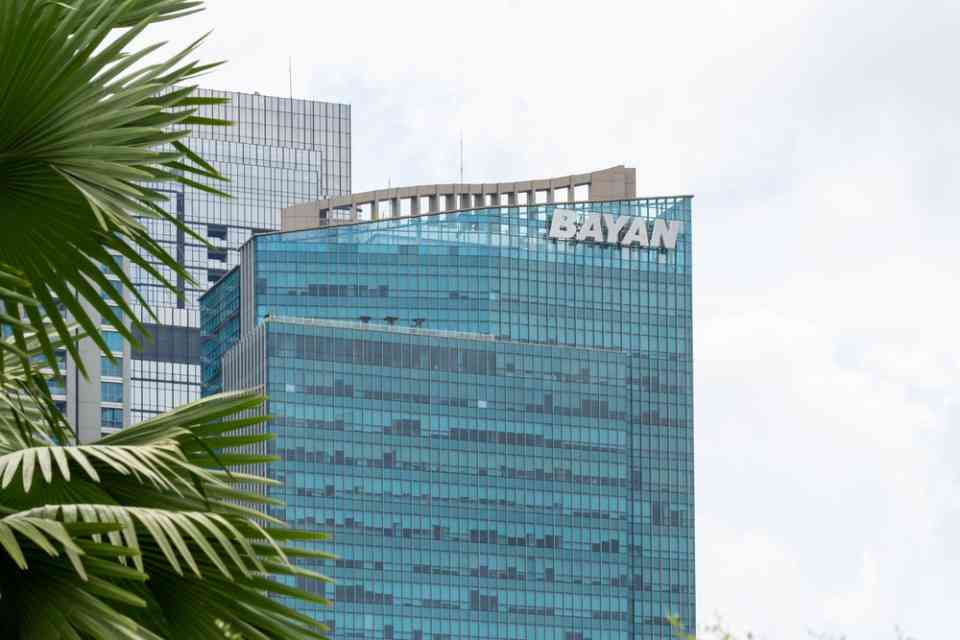Low Tuck Kwong: The Billionaire Who Defied Coal’s Decline

Singapore-born tycoon Low Tuck Kwong has amassed a staggering fortune of $27.9 billion by investing in coal mining, even as experts repeatedly predicted that demand for the fuel would diminish. The majority of his wealth comes from Bayan Resources, one of Indonesia’s largest coal producers, and he holds a 62% stake both directly and through his children.
Although he is now ranked as Indonesia’s second-richest individual, his net worth was just $1.1 billion in 2021. His journey in the coal industry has defied persistent forecasts of its decline, proving to be one of resilience and strategic expansion.
Born in Singapore in 1948, Low started working alongside his father, a migrant from southern China who established a civil construction firm called Sum Cheong. The business flourished in Singapore and Malaysia, but rather than inheriting it, Low sought opportunities elsewhere. Seeing potential in Indonesia—a vast, untapped market where few Singaporeans had ventured—he decided to establish his own path.
His first project in Indonesia came in 1973 when he secured a contract to handle groundwork for an ice cream factory in Jakarta’s coastal Ancol area. He later claimed to have introduced diesel hammers for piling, speeding up construction in the country. Over time, he partnered with Jaya Steel to create Jaya Sumpiles Indonesia, a contracting company specializing in earthworks and civil projects. By 1988, he had gained full control of the business and expanded it into contract coal mining.
With experience in mining operations, Low saw ownership of a mine as the next logical step. Since Indonesia restricts foreign ownership of mining concessions, he became an Indonesian citizen in 1992. Five years later, he acquired his first mine, Gunungbayan Pratamacoal, in East Kalimantan. Unlike coastal mines that were preferred for their accessibility, this site was inland and far from a river, leading many to question his decision. As reported by The Wall Street Journal, he recalled that people had doubted his strategy, suggesting there was something wrong with his judgment.
Production began the following year, just as the Asian financial crisis and political instability gripped the country. The company’s first coal shipment resulted in a $3 per ton loss due to declining prices. Despite the challenging start, Low remained confident in the quality of his high-grade coal and continued expanding operations. In 1998, he acquired a coal port on Borneo’s east coast, laying the groundwork for further growth. Four years later, Bayan Resources was publicly listed on the Indonesia Stock Exchange.
The company steadily took on debt to acquire additional mines, even as global concerns about climate change and China’s transition toward clean energy in the 2010s cast doubts over coal’s future. At one point, a consultant hired by Bayan reportedly predicted that its primary mine would never exceed 15 million tons in annual sales. With over $500 million in debt, the company had to negotiate with creditors to buy time.
However, China’s role as the world’s manufacturing hub sustained an immense demand for energy, keeping coal prices high despite repeated predictions of a peak. Meanwhile, Indonesia solidified its position as the world’s largest coal exporter. Against expectations, Bayan Resources continued to expand and returned to financial stability by 2018.
Low had previously attempted to sell a stake in his mining business before the COVID-19 pandemic but was unable to find a suitable buyer. Instead, he chose to increase his holdings, reasoning that if he could not sell shares, he might as well acquire more. Demand for coal surged in the post-pandemic economic recovery, further fueled by the Russia-Ukraine conflict in early 2022. That year, Bayan’s stock price skyrocketed, catapulting Low’s wealth to $12.1 billion. By 2023, his fortune had more than doubled to $27.2 billion as Bayan’s coal sales climbed to 47.2 million tons.
Beyond coal, Low has diversified his investments. He owns Singapore-based renewable energy company Metis Energy, holds stakes in healthcare firm The Farrer Park Company, and is an investor in Samindo Resources. He has also backed SEAX Global, a company developing a submarine cable system to enhance internet connectivity between Singapore, Indonesia, and Malaysia.
Despite his immense wealth, little is publicly known about Low’s personal life. He is married with two children, and in August 2023, he transferred a 22% stake in Bayan Resources to his daughter, Elaine Low, as part of a long-term succession plan.
Low regularly visits his mining sites by helicopter and even owns a private zoo there, which he started in the late 1990s after witnessing the displacement of wild animals due to mining and plantation activities. His passion for wildlife led him to establish the zoo, stating simply that he loves animals.
Looking ahead, Bayan Resources is targeting an increase in coal production to over 80 million tons annually by 2026, up from 50 million tons in 2023. To support operations at its remote mining sites, the company is constructing an airport for worker transportation. Since 2020, Bayan has invested approximately $500 million in infrastructure expansion, reflecting Low’s continued confidence in the industry’s long-term prospects.
He remains steadfast in his belief that coal will continue to be essential for many developing nations, insisting that numerous poorer countries still rely on the fuel for energy.
Have you read?
Richest Billionaire Investors.
Billionaire Winners.
Billionaire Losers.
Best Business Schools.
Best Hotel Schools.
Bring the best of the CEOWORLD magazine's global journalism to audiences in the United States and around the world. - Add CEOWORLD magazine to your Google News feed.
Follow CEOWORLD magazine headlines on: Google News, LinkedIn, Twitter, and Facebook.
Copyright 2025 The CEOWORLD magazine. All rights reserved. This material (and any extract from it) must not be copied, redistributed or placed on any website, without CEOWORLD magazine' prior written consent. For media queries, please contact: info@ceoworld.biz








